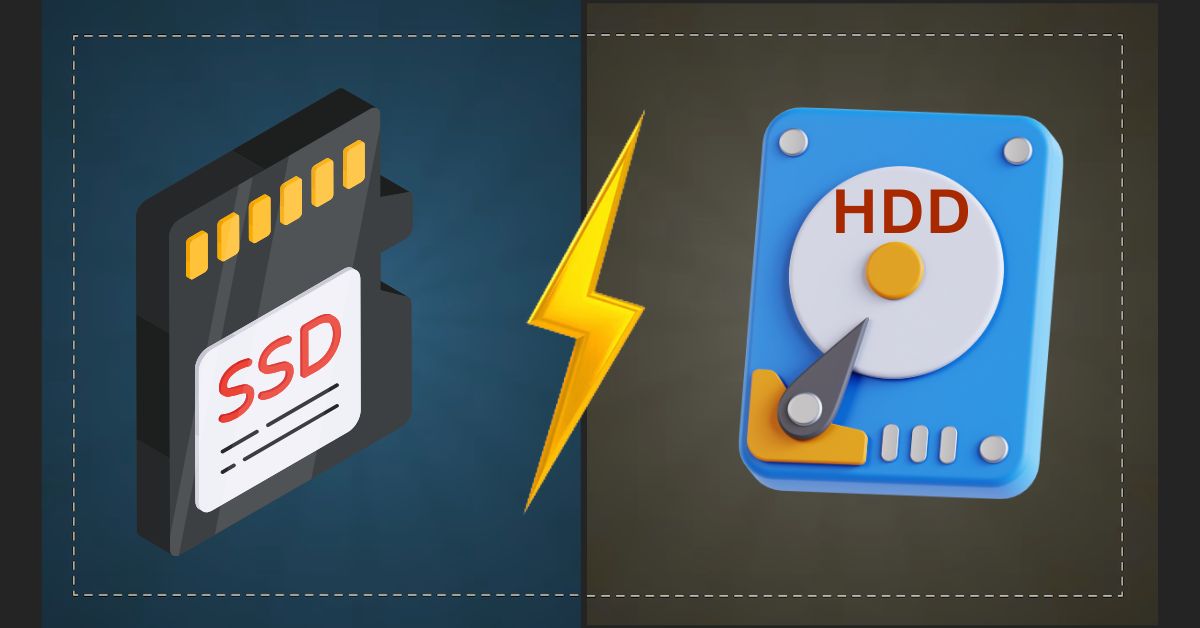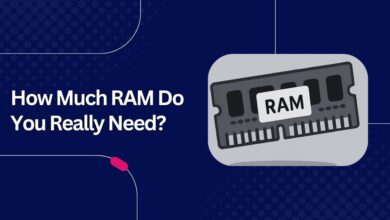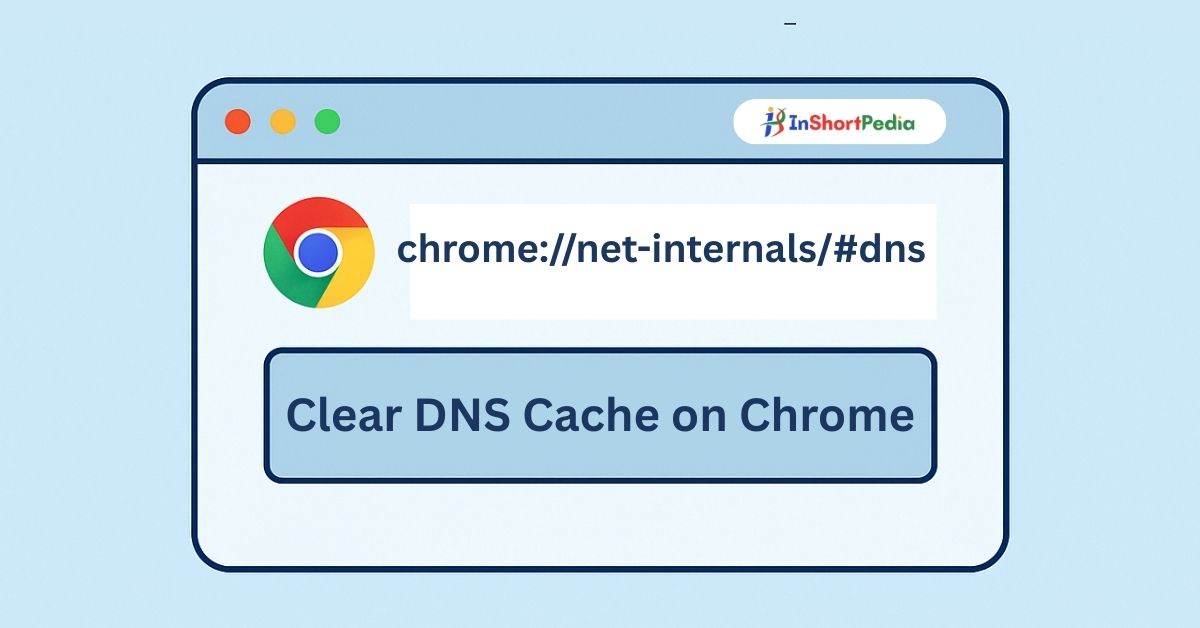
When buying a new laptop or upgrading your computer, one of the most common questions is: Should I choose an SSD or an HDD?
Both are storage devices, but they work differently and have a big impact on performance, durability, and cost. In this guide, we’ll break down the key differences between SSD (Solid State Drive) and HDD (Hard Disk Drive) so you can make the right choice for your needs.
What Is an HDD?
An HDD (Hard Disk Drive) is a traditional storage device that has been around for decades. It uses spinning magnetic disks (platters) to read and write data with a moving arm.
Key features of HDDs:
- Larger storage capacity at a lower cost
- Slower read/write speeds compared to SSDs
- More prone to physical damage due to moving parts
- Ideal for storing large files like movies, backups, or archives
What Is an SSD?
An SSD (Solid State Drive) is a newer, faster storage technology that uses flash memory (similar to a USB drive). Since it has no moving parts, it is more reliable and much quicker than HDDs. If you’re choosing the right SSD for your system, consider factors like capacity, price, and your usage needs.
Key features of SSDs:
- Much faster boot times and file transfers
- Better durability and shock resistance
- Lower power consumption (good for laptops)
- More expensive per GB compared to HDDs
SSD vs HDD: Key Differences
Here’s a side-by-side comparison to help you quickly understand the differences:
| Feature | SSD (Solid State Drive) | HDD (Hard Disk Drive) |
| Speed | Very fast (up to 10x faster than HDDs) | Slower (mechanical movement involved) |
| Durability | No moving parts, shock-resistant | Prone to damage if dropped |
| Noise | Silent operation | Produces noise while spinning |
| Power Consumption | Lower, extends battery life | Higher, drains battery faster |
| Storage Capacity | Usually smaller, but growing | Larger and more affordable |
| Cost per GB | Higher | Lower |
| Best For | Speed, performance, everyday use | Bulk storage, backups, budget users |
Which One Should You Choose?
The decision depends on your needs and budget:
- Choose SSD if:
- You want faster boot times and smoother performance
- You use heavy applications like video editing, design, or gaming
- You travel often and need durability
- You prefer longer laptop battery life
- Choose HDD if:
- You need a lot of storage at a lower cost
- You mainly store movies, photos, or backups
- Performance speed is not your top priority
💡 Pro Tip: Many modern laptops and desktops use a hybrid approach, an SSD for the operating system and an HDD for bulk storage. This gives you both speed and capacity.
FAQs: SSD vs HDD
1. Is an SSD better than an HDD for gaming?
Yes. An SSD significantly reduces game loading times and improves overall smoothness. However, you may still use an HDD for storing large game files.
2. Can I replace my HDD with an SSD?
Absolutely. Upgrading to an SSD is one of the best ways to speed up an older laptop or desktop.
3. Which lasts longer, SSD or HDD?
SSDs generally last longer because they don’t have moving parts. HDDs can wear out faster due to mechanical usage.
4. Is SSD worth the extra cost?
If speed, reliability, and performance matter to you, then yes, SSD is worth it. For budget bulk storage, HDD is still useful.
5. Can I use both SSD and HDD together?
Yes. Many PCs allow you to install both, using an SSD for the system and an HDD for storage.
Conclusion
When it comes to SSD vs HDD, there’s no one-size-fits-all answer. If you value speed, durability, and performance, go with an SSD. If you need affordable storage for large files, an HDD is still a solid choice.
For most modern users, an SSD (or a hybrid SSD + HDD setup) strikes the right balance between speed and storage.




